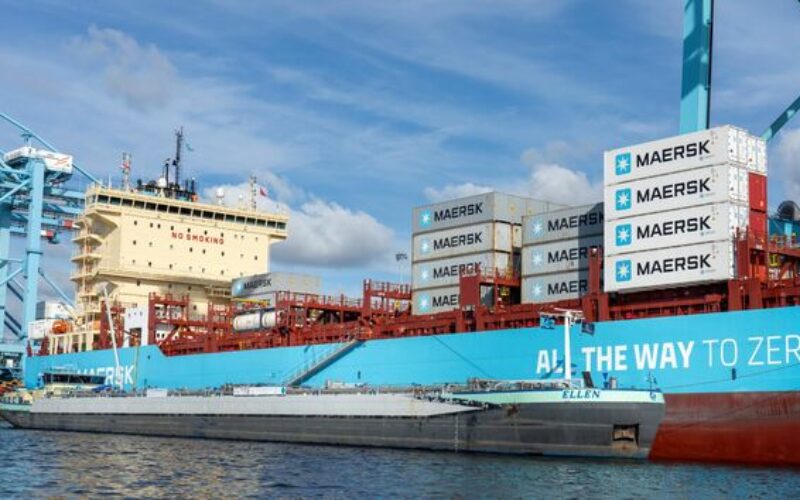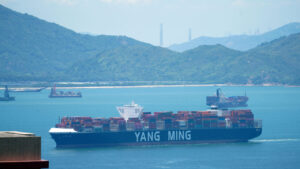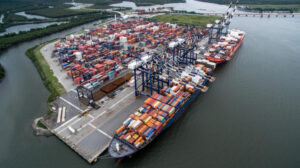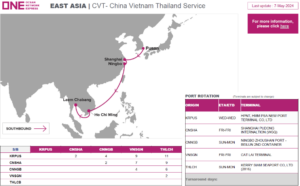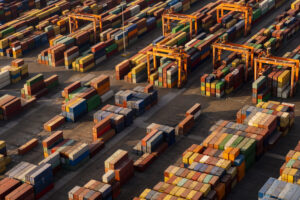The Port of Rotterdam Authority, the Maritime and Port Authority of Singapore (MPA), and 20 partners in the Green & Digital Shipping Corridor have partnered to reduce emissions from international shipping by 2030.
This was agreed at the third Green Corridor workshop, held in Rotterdam this week.
The Green & Digital Shipping Corridor was introduced in August 2022, with the purpose to bring together partners across the supply chain to realise zero and near-zero emissions shipping on the Rotterdam-Singapore route, with the aspiration to reach net-zero emissions in 2050.
Over the past year, the corridor attracted strong support from global value-chain partners, including shipping lines, port authorities and operators, fuel suppliers, fuel coalitions and associations, banks, leading institutes of higher learning and knowledge partners.
READ: Wärtsilä, MPA Singapore collaborate on maritime decarbonisation and digitalisation
The project partners are working towards reducing greenhouse gas (GHG) emissions from this international shipping corridor by 20 per cent, striving for 30 per cent, by 2030, compared to 2022.
This is to be accomplished through the development and uptake of zero and near-zero emission fuels in large containers vessels (of minimum 8,000 TEU) deployed on the 15,000 kilometre route, supported by a combination of operational and digital efficiencies.
READ: MPA Singapore, LR MDH drive net-zero shipping across Indian and Pacific Oceans
A modelling study led by the Mærsk Mc-Kinney Møller Center for Zero-Carbon Shipping, one of the corridor partners for the project, and supported by the ports, explored multiple alternative fuels across a variety of zero and near-zero emission pathways, including synthetic and bio-variants of methanol, ammonia and LNG.
According to the Port of Rotterdam, efforts are underway to aggregate demand and supply to reduce cost gap towards adoption of sustainable fuels.
Additionally, the port have shared that working groups have been established to look into the deployment of all of these fuels on the trade lane, spanning across demand and supply of fuel, standards, safety procedures, financing and regulations.

